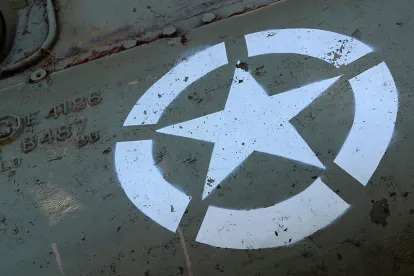Congress has weighed in on Executive Order 13673, known officially as the “Fair Pay and Safe Workplaces Order” and unofficially as the “Blacklisting Order.” While the Office of Management and Budget reviews the Labor Department’s draft of the final regulations and guidance, the House and Senate Armed Services Committees have added language to the Fiscal Year 2017 defense authorization bills that would blunt the impact of any forthcoming rules, at least for defense contractors.
The House version of the FY2017 National Defense Authorization Act (“NDAA”) would grant a blanket exemption from the Fair Pay and Safe Workplaces regulatory regime to contractors doing business with the Department of Defense and the National Nuclear Security Administration. The Senate version of the NDAA takes a slightly narrower approach: it would keep the Fair Pay and Safe Workplaces regulations in place, but it would only allow the Department of Defense to apply the rules against contractors who have been formally suspended or debarred for violating one of the covered labor laws.
In a statement of administration policy, the White House lambasted the House version of the bill, laying the groundwork for a possible veto. In the Senate, Democratic leaders have filed an amendment to strike the exclusion provision, but that amendment has merely been filed, not made pending, so its path forward remains uncertain. Although we expect to see final regulations and guidance very soon, the provisions in the defense policy bills mean that uncertainty for federal contractors will remain until the end of this year.





 />i
/>i


